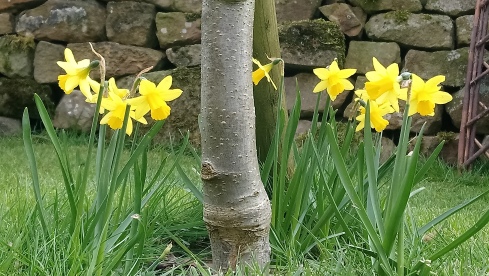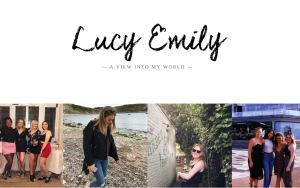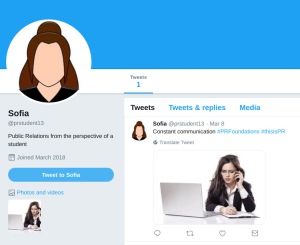We have an open day at the university today. Normally, these are opportunities to meet and show, and to answer questions from applicants (often accompanied by family members). Today, it’s all online, so rather than a schedule of talks and a location for informal conversations, I’m waiting to answer any chat box queries.
Here are some questions you should be asking along with my suggested answers.
Why study public relations?
It’s not the most important question for you, but it is the one that interests me most. You will most likely be choosing a city first; a university second; and a course third. But let’s turn straight to the course question.
Public relations, or a combination of public relations with journalism and/or marketing, is interesting in its own right, but also highly applicable in many career contexts. If you enjoy writing and creating content, if you like building connections on social media, if you’ve thought about your personal branding – you’ve already made the first steps towards paid work in this field. Brands, businesses, charities and public sector organisations all need help developing relationships with customers, volunteers, employees and allies. So you can apply your university studies to sectors that interest you.
Why study now?
This is a harder question, because it must be tempting to hold off on university entrance when so many aspects of the university experience will be denied to you next academic year. But university is a three (four, or more) year journey, so I think you need to see the bigger picture. Your options for paid work and travel may also be limited in the short term, so investing in your future could be the wise choice.
But you need to be sure you’re investing in skills and approaches that will be useful in future. Public relations is needed in the good times. Many sectors are suffering right now, but there are exceptions and these are book times for the technology sector (think how reliant we’ve all become on online and streaming services). Other sectors with promising futures include pharmaceuticals, green energy and financial technology (fintech). But public relations is not only needed in the good times: it’s really needed in the bad times. Think of those firms announcing redundancies and closures: they all need help communicating the message to staff, investors, politicians and the media. The more difficult the challenge, the more important becomes the role of the public relations adviser.
The future is unpredictable. You will change in the coming years. So there are no guarantees, but the long list of challenges facing the world means opportunity for curious graduates who are up for a challenge and who have demonstrated their capacity to learn.
The bigger the problem, the greater the need for problem-solving graduates. That’s how to view university, and the choice of public relations.




